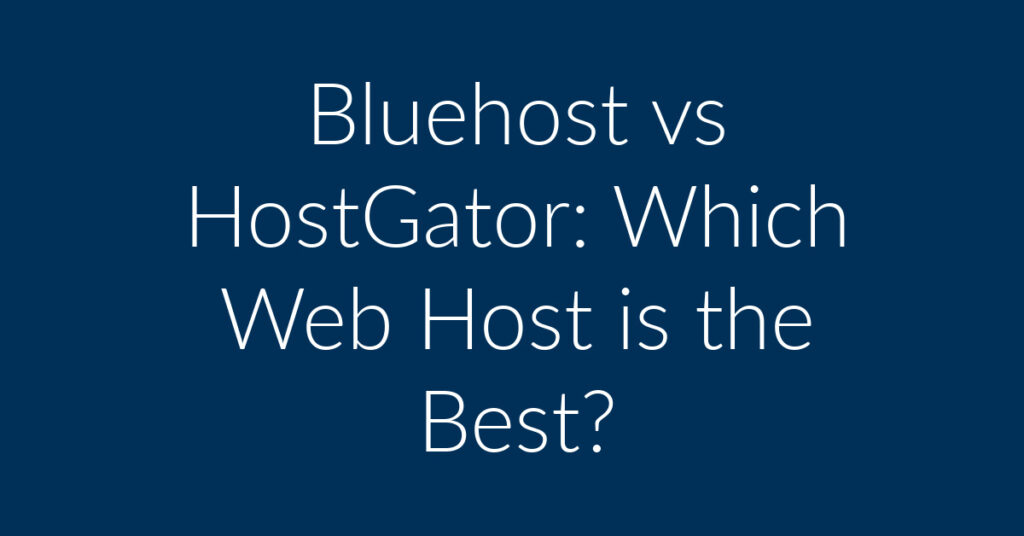Take your business to the next level with amazing hosting from AWS!
Disclaimer: We are an AWS affiliate and may earn a small fee should you sign up using our links. However, the information that we give here is based on real data from real customers!
Are you looking for a kick-ass web host for your business? Have you been wondering whether or not you should upgrade to AWS? If the answer is yes, then you have come to the right place. In this article, we are going to answer the following questions;
Who is AWS for?
Amazon Web Services is not a company that you will ordinarily hear mentioned when people talk about web hosting. That’s because web hosting is only a very small part of what AWS does. However, before jumping into explanations about what AWS is, we are going to go straight into the object of this article. AWS is for the following;
- Businesses that are serious about scalability, growth and flexibility.
- Those that are looking for enterprise grade web hosting.
Who is AWS not for?
You will notice that the shortlist above is… well, rather short. That’s because AWS is highly specialized. If you are any of the entities listed below, then you should simply forget about having your site hosted by Amazon Web Services;
- AWS is not for individuals.
- It’s not for small businesses.
- Forget about AWS if you are simply looking to have an online presence.
- If you are on a budget, you should also look elsewhere for web hosting.
What is Amazon Web Services?

Think Amazon is all about selling trinkets and other junk from China? Well, you need to think again! While the online retail side is the best known part of Amazon, the company’s most lucrative part is actually AWS. But what is AWS?
Amazon Web Services is an integrated provider of cloud based computing solutions. The following are some of the products that the company offers;
- Databases
- Content Delivery
- Storage
- Analytics
- Networking
- Mobile
- Developer Tools
- Management Tools
- loT
- Security and enterprise applications
- Game Tech
- Robotics
- Media services
AWS pros
The following are the advantages of using AWS’ hosting solutions;
- Scalability: AWS is notable for its scalability. In this regard, the only thing that limits you is your wallet.
- Flexibility: With scalability comes unlimited flexibility. You can either increase or decrease the server environment that you are renting without the limitations and constraints that are inherent in traditional web hosting.
- Pay-as-you-go: The pay as you use model allows you to pay for only those resources that you need. This means that you don’t have to spend a lot of money on servers and other infrastructure that may turn out to be unneeded.
- Reliability: Cloud-based services such as AWS maximize redundancy by locating servers in a wide range of geographic environments. This gives you an uptime of 100%.

AWS cons
Why AWS is not suitable for individuals and small business
We have already noted that if you are an individual or small business, then AWS is not really for you. Instead, you should go for traditional web hosts like GoDaddy, Bluehost and Dreamhost.
A major reason why AWS is not suitable for small businesses and individuals has to do with the fact that you get no hand-holding when you sign up, as is the case with traditional web hosts.
With AWS, all that you get is the cloud based infrastructure, that you are supposed to setup and manage on your own. This is particularly difficult for those that have no experience. Most of the time, you actually need to hire someone to do the job of setting up and managing your server environment.
This complexity translates into higher costs when compared with traditional web hosts. Simply put, don’t expect to find $1.99 plans at AWS.
Traditional vs Cloud Based Hosting
We have already noted that Amazon Web Services is one of the leading providers of cloud computing solutions. So, what’s the difference between traditional and cloud hosting?
A simple way of explaining the difference between traditional and cloud-based web hosting is that with the former, you are renting a service, while with the latter, you are renting servers.
IaaS
Cloud-based hosting uses what is called Infrastructure-as-a-service (IaaS.) This is, essentially, composed of a high number of servers that work together in a virtualized environment. The servers are configured in such a way that their resources can achieve the maximum possible levels of speed, efficiency and reliability.
AWS is a top level host
We have previously talked about the three tiers of web host that can be found out there. Low level hosts include such companies as HostGator and 1&1. These are geared towards servicing people who are simply looking to have a web presence without regard to complexity.
Mid level hosts, on the other hand, allow for some complexity, meaning you can set up a serious eCommerce site, as an example, with one of these hosts. An example of such a company is DreamHost.
Top level hosts are for those that are looking for complex web hosting solutions. They provide for an amazing degree of performance, flexibility and scalability. Examples of such companies are Kinsta and Amazon Web Services (AWS).
The AWS offer
If you are looking for cloud based solutions that can take your business to the next level, then you won’t go wrong with AWS. If you have determined that AWS is suitable for your business, don’t hesitate to sign up using the link below to get an amazing discount.
Disclaimer: We are an AWS affiliate and stand to earn a small fee should you decide to sign up using our link.



